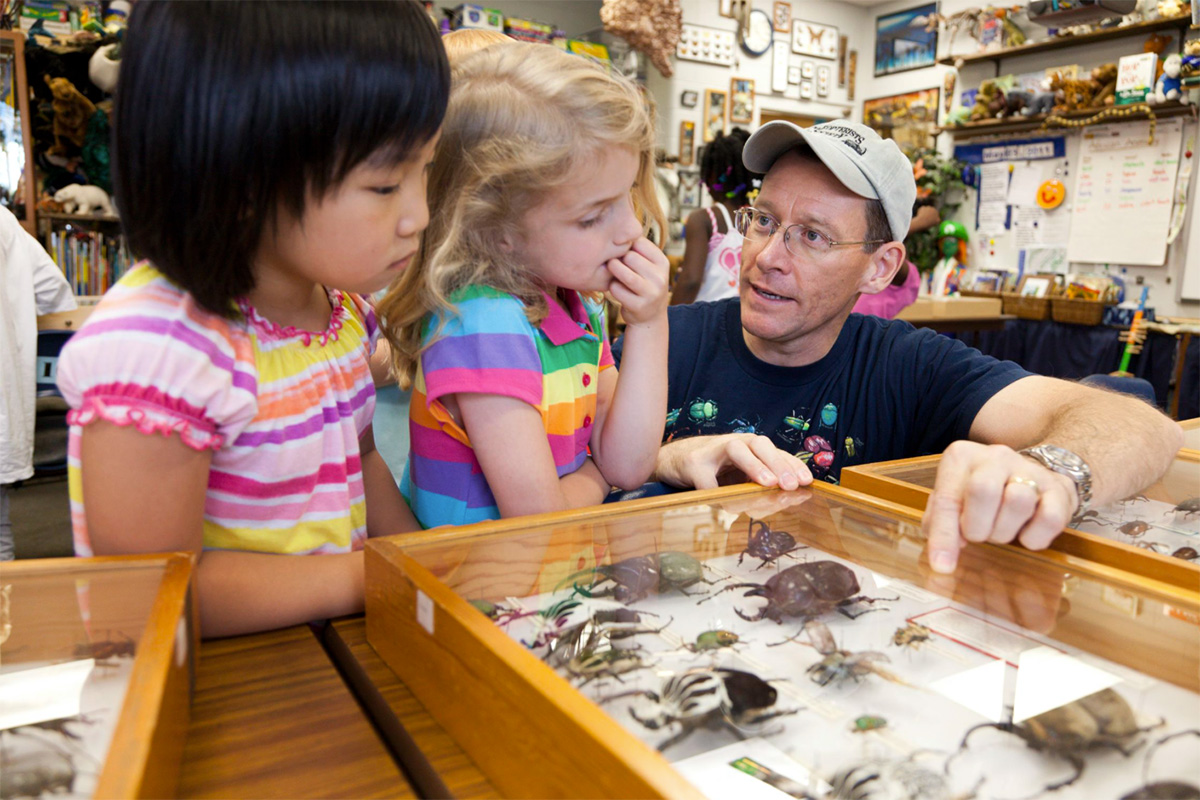By Sam Fahmy
University of Georgia
A father hugs his daughter after a long day of work. A mother
washes a load of clothes. A child plays dress up in mommy’s or
daddy’s work clothes.
For migrant agricultural workers, these typical scenes of family
life can expose loved ones to dangerous pesticides brought in
from the fields. Even a single pesticide exposure can cause a
skin rash, nausea or vomiting.
Chronic exposure can cause nervous system problems and certain
cancers. In all cases, the dangers are especially great to
children and infants.
Simple precautions
To help migrant workers protect themselves and their families,
University of Georgia Cooperative Extension will begin a
bilingual outreach program that teaches migrant workers how
simple precautions and proper laundering techniques can reduce
the health risks that stem from pesticide exposures.
“We want them to see that if they take some very simple steps
they can improve their children’s health and protect themselves,”
said Sharon Gibson, the state coordinator for UGA’s Children,
Youth, and Families at Risk (CYFAR) program and a member of the
UGA College of Family and Consumer Sciences faculty.
Beginning in September, FCS extension agents will place pamphlets
in doctors’ offices, child care facilities, churches and state
aid offices that encourage workers to remove contaminated clothes
and shoes before entering the home and to shake their clothes
outside to dislodge pesticides. The pamphlets, along with posters
at laundromats and grocery stores, will encourage people to wash
work clothes separately from other clothes and to pre-rinse
clothes and use high water levels, hot water and detergent to
minimize cross-contamination.
One-on-one guidance
Spanish-speaking extension assistants will also provide in-home
demonstrations of pesticide reduction methods during routine
visits that also cover topics such as nutrition, money management
and safety.
Karen Leonas, professor of textiles, merchandising and interiors,
said that 97 percent of pesticide exposures come directly through
the skin and that a single, acute exposure can be enough to
sicken a child.
“For children, even a little bit is a problem because their skin
is more porous and more open,” Leonas said. “And children have
lower body weights, so small amounts are going to impact them
more significantly than adults.”
The idea for the program originated in 2005, after the director
of a rural health clinic spoke to Debbie Purvis, the Colquitt
County FCS extension agent, about the widespread and
long-standing problem of pesticide exposures in migrant workers and
their families.
Meeting a need
Purvis relayed the community’s need to the university, where
Gibson’s expertise in multicultural outreach was coupled with
Leonas’ expertise in protective apparel. Gibson and Leonas
enlisted the help of June Griffin’s technical writing class in
the UGA Franklin College of Arts and Sciences to create a service
learning experience for students.
“The students really understood the dangers that the children and
families faced with these pesticides and put in more time and
energy into what they produced than I’ve ever seen for any
project for this class,” said Griffin, now at the University of
Nebraska. “They really felt like what they were doing was
important, so they rose to that and got very involved.”
The project, funded by a grant from the UGA Office of the Vice
President for Public Service and Outreach, will be piloted in
heavily agricultural Colquitt, Candler, Houston, Sumter and
Toombs counties and then widened to other Georgia counties.
“It’s really giving a new emphasis to something that we in this
area have known is a concern for quite some time,” Purvis said.
“By passing this information along to the families, we hope to
protect our children and make them safer.”


